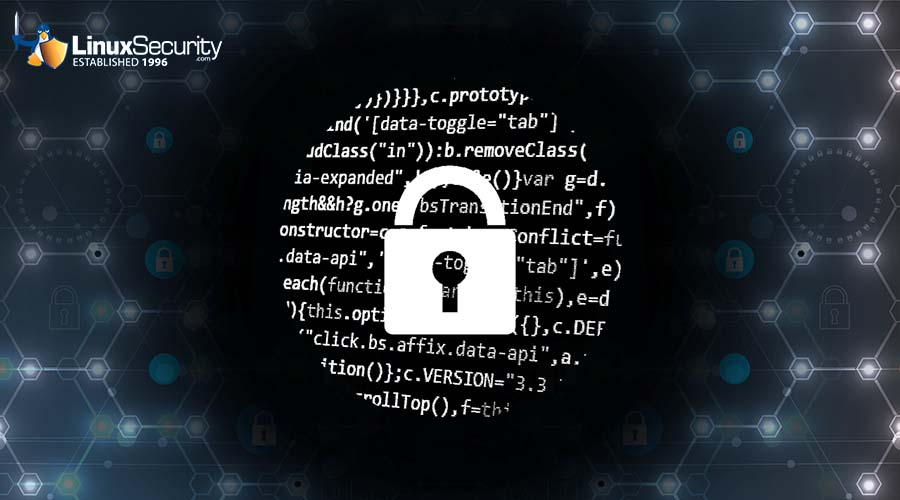Industry Briefs: Grounds for Identity
But over the next three quarters, identity became a big deal, certified by its own high-profile web site and tradeshow: Digital ID World (DIDW). The first DIDW took place in Denver in early October 2002. It was well-run and well-attended for a first effort by people who were, for the most part, new to the business. Those people included PingID.com, which is the commercial counterpart of PingID.org, an open-source effort.
When Don Marti got a look at advance promotion for DIDW, he called the speaker lineup "scary": a lot of big companies and associations (Microsoft and the Sun-led Liberty Alliance, for starters); a lot of small companies trying to sell stuff to big enterprise customers; and almost nobody representing individual interests (especially privacy). Except for me. And frankly, I had to push to get myself added to the speaker lineup, which I did through my position on the advisory board of PingID.
The link for this article located at LinuxJournal is no longer available.





![Multiple Chromium DoS, Info Disclosure Vulns Fixed [Updated] 23.Tablet Connections Esm W300](/images/articles/900x500/23.Tablet_Connections.jpg#joomlaImage://local-images/articles/900x500/23.Tablet_Connections-esm-w300.jpg?width=900&height=500)
















